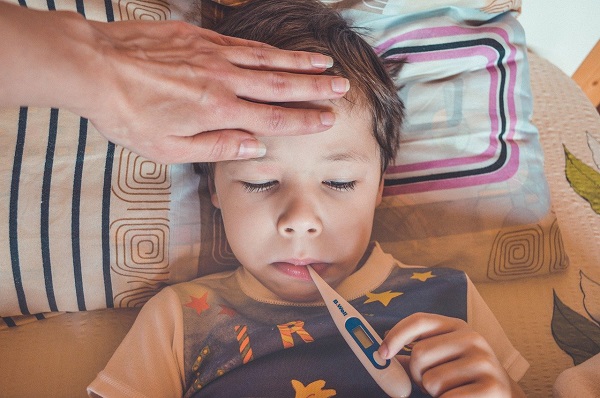Children with respiratory infections use more primary care appointments than any other group but many parents are unsure when to seek medical help and report that existing guidance is unclear.
The researchers brought together a panel of 12 experts – including GPs, pharmacists, NHS 111 nurses and emergency paediatric consultants – and asked them to rate the appropriateness of care setting for over 1,000 symptoms-based scenarios in children aged over 12 months.
The panellists agreed that home care would be appropriate for children with up to one week of ‘normal’ respiratory infection symptoms: cough, sore throat, ear pain and/or runny nose, with or without eating adequately, and with a normal level of consciousness.
They also agreed that a same-day GP appointment would be advised for children with two or more symptoms in addition to those defined as ‘normal’, and/or for children with shortness of breath.
Assessment in the emergency department was considered appropriate if three of the ‘normal’ symptoms are present together with shortness of breath or wheeze.
Other factors taken into account when rating the scenarios were age-group, medical history and whether a child had previously been admitted to hospital for asthma, bronchiolitis or other respiratory conditions. The appropriateness of care setting differed when these factors were taken into account.
Children under 12 months were not included in the panel’s considerations because the expectation is that many clinicians would advise parents of infants to seek help if they had any concerns.
Severity of symptoms and duration of symptoms beyond one week were also not considered by the panel.
Alastair Hay, a GP and Professor of Primary Care Research at the Centre for Academic Primary Care said: “Parents of children with respiratory infections struggle to know when it’s appropriate to make an appointment to seek medical help from their GP, NHS 111 or emergency department. To our knowledge, this is the first time an attempt has been made to establish a multidisciplinary consensus on criteria to guide parents’ help-seeking behaviour.
“With rising GP workloads and over-prescribing of antibiotics in primary care, this guidance could help GPs support parents to make decisions about when to care for their child at home.
“We are in the process of co-designing a user-friendly method of disseminating the results and looking at options for developing a decision-support resource for parents, which we will report on separately.”
The research was funded by the NIHR School for Primary Care Research and published in the British Journal of General Practice.
Paper: Respiratory infections in children: an appropriateness study of when parents should home care or seek medical help by L Newbould, Campbell SM, Edwards G, Morris RL, Hayward G, Hughes EC and Hay AD. Published in British Journal of General Practice. 14 December 2020.
